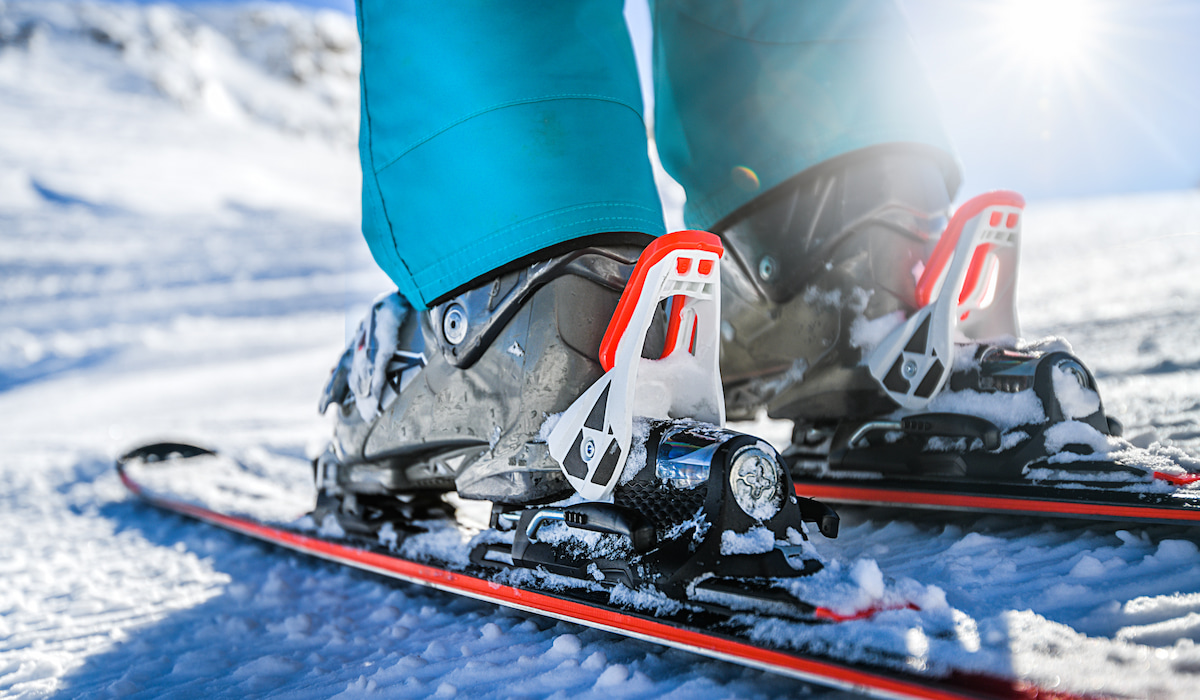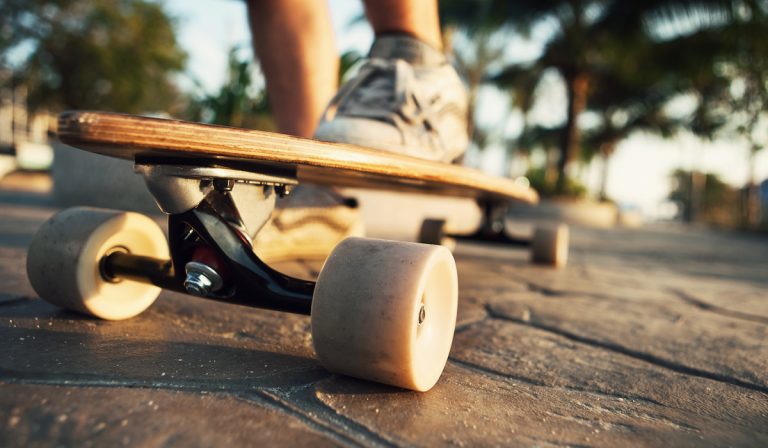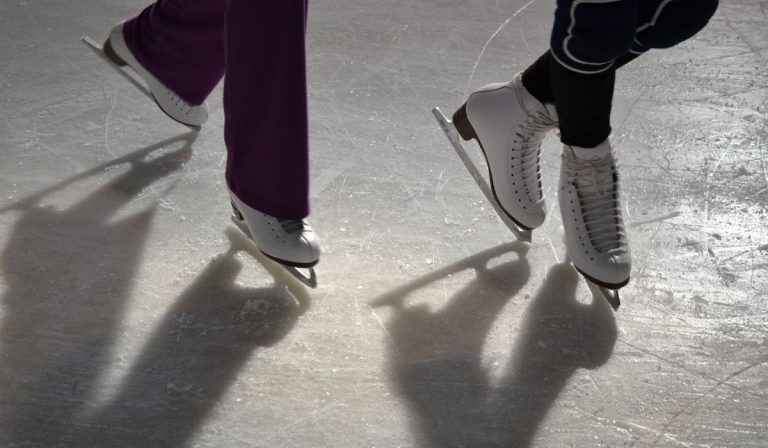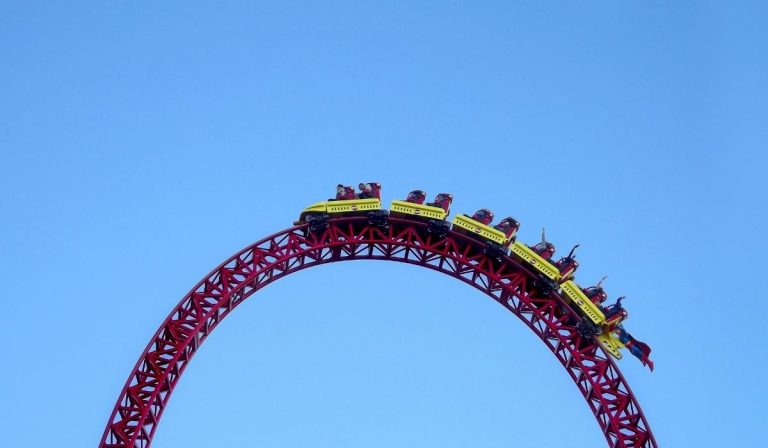Is There a Weight Limit for Skiing?
Skiing is an exciting and fun recreational activity that anyone can enjoy during winter. Furthermore, skiing can help you tone your muscles, lose weight, and combat stress. While the sport seems popular with slimmer people, you may be wondering whether there’s a weight limit for skiing.
Does skiing have a weight limit?
No, there’s no weight limit for skiing as most ski lifts are designed to handle the weight of up to eight people at once.
However, you may find that some resorts have rules on permitted weight for skiing, which can be limiting for overweight people.
Read on to learn more about weight and skiing if you’re planning on going on a skiing adventure and you’re overweight.
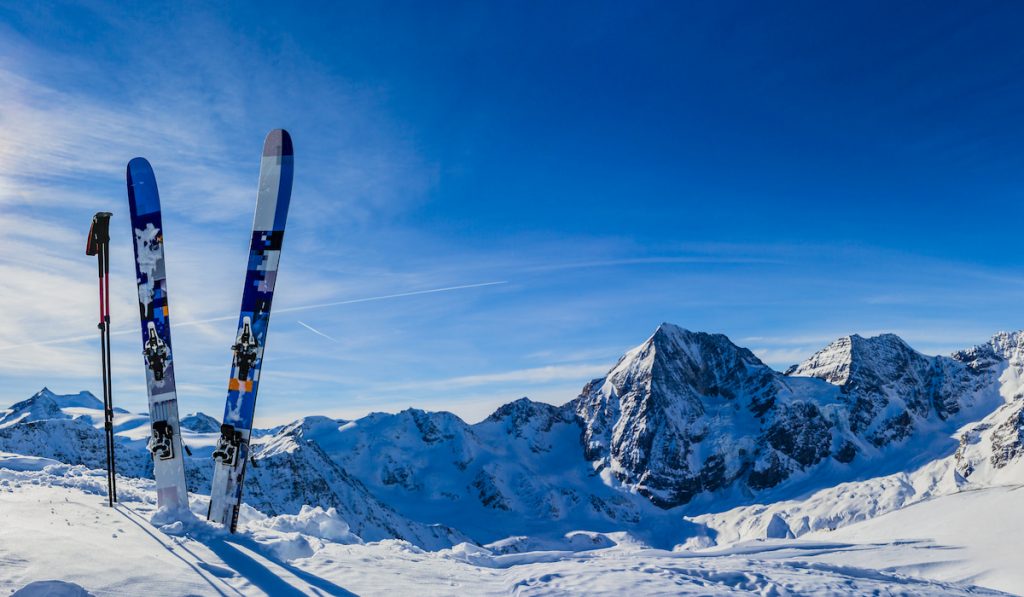
Is There a Weight Limit for Skiing?
Skiing has no weight limits, which means you can still enjoy skiing when you’re overweight.
Ski lifts are strong and are meant to handle the weight of up to eight people at once.
You’ll find that most ski charts have 220 pounds as the maximum weight listed. Nonetheless, this doesn’t mean you can’t ski when you weigh more than 220 pounds. It only shows that those limits are considered safe maximum weights for those using the longest skis available.
If you weigh more than 230 pounds, you may find it challenging to find a ski that accommodates your weight. Experts recommend shedding some weight if you’re planning to go for a skiing trip. That will help you find a ski that can handle your weight without compromising on control and safety.
It’s also essential to check the ski resort you’re visiting to determine if they have a size that can accommodate your weight.
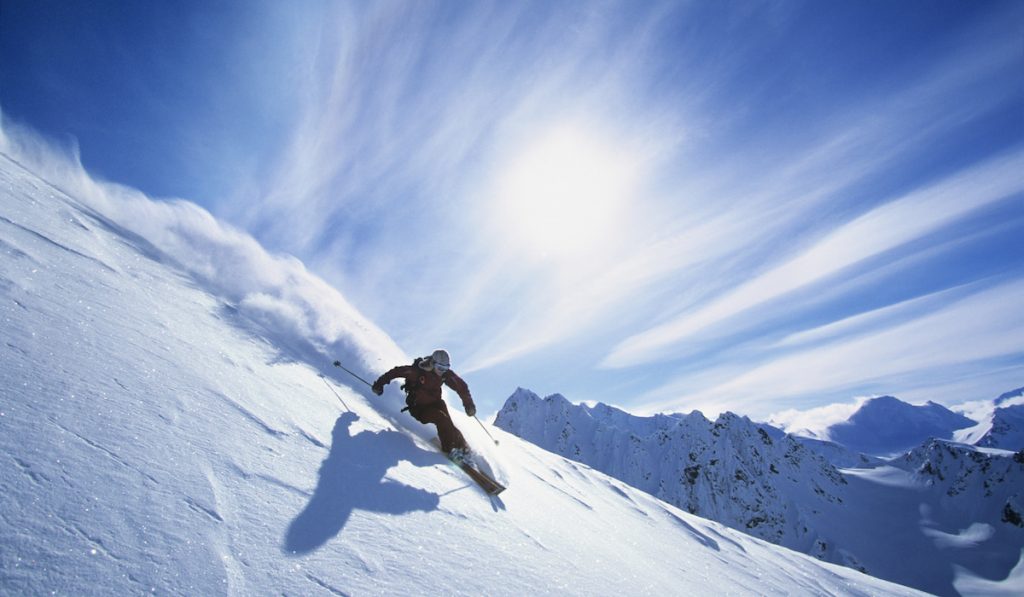
How Does Weight Affect Your Skiing?
Here’s a look at how weight can also affect other skiing factors.
Speed
Your weight affects your skiing speed when going downhill.
A heavy skier is faster than a lighter one due to lower air resistance. Overweight skiers can potentially move faster because of their higher mass and the effect of gravity upon them.
However, this advantage is wiped out by the increased friction created with the snow at about 200 pounds.
The Length of the Ski
A heavier person exerts more pressure on the ski surfaces and ultimately on the snow. That is evident when skiing on soft snow.
However, if you are skiing on a harder surface, the pressure you’re exerting won’t matter as the friction is canceled. A heavy person will cause more friction between the snow and skis. Which means you might go slower.
A longer ski is ideal for a heavier person as less pressure is exerted when pressing it towards the snow, which means the board won’t sink deeper into the snow. It will also allow you to move at fast speeds. Furthermore, a longer ski distributes your weight across the ski’s length
Can You Ski if You’re Overweight?
Yes, you can still enjoy skiing if you are overweight.
Nevertheless, it all depends on how much you weigh, how you carry the weight, and how well you move with your weight.
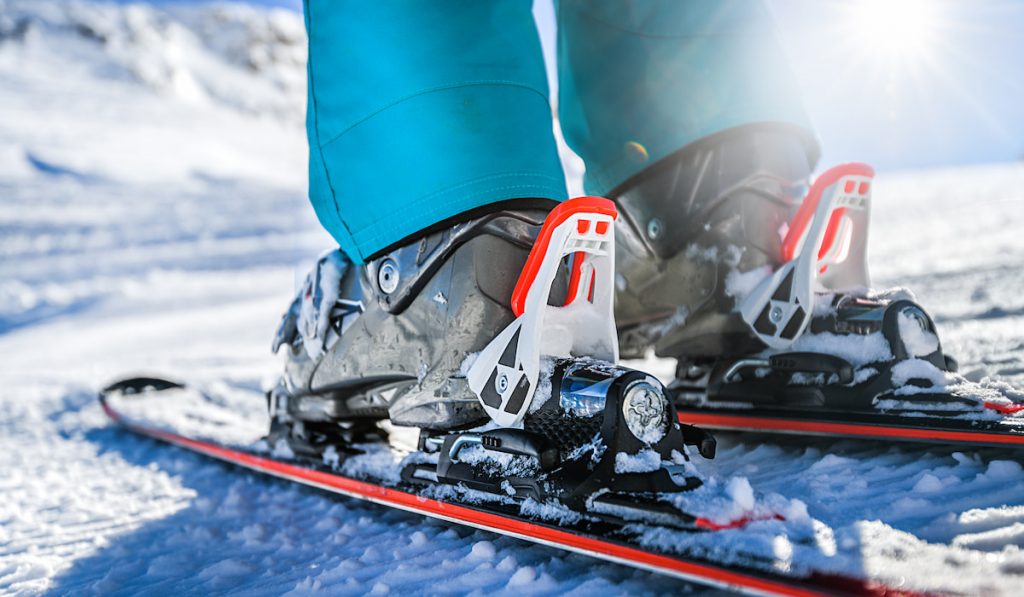
Tips for Skiing When You’re Overweight
If you’re planning on skiing, but are worried about your weight, here are some practical tips to help you get started.
Get Your Equipment Ahead of Time
Hire your ski equipment beforehand as it gives you ample time to practice and get used to it. You’ll be able to learn how to fit into your boots easily. Also, check the ski size and get one that can handle your weight to avoid any accidents.
Don’t forget to invest in a helmet to prepare for falls and ensure you avoid injuries.
Understand the Skiing Techniques and Balance
The more you practice, the better you become. Start training earlier to learn how to achieve the right balance. You’ll soon master your skills and be able to balance easily without struggling.
Note that your knees also bear a lot of pressure when you’re skiing. The pressure is more intense when you’re overweight. If you are overweight, avoid pushing yourself and understand the right positions to ski. That will help prevent any risk of injury.
Choose the Right Ski Size
The ski you choose largely depends on your weight. You need a longer ski if you are heavier. Visit a ski shop and speak to an expert on the right ski size based on your weight and other needs.
There are plenty of options varying in size and materials. You can settle on some quality equipment based on your needs and budget.
Ensure You’re Warm
It’s vital to have the right clothing when going out for a ski trip, especially if this is your first time.
Look for puffy jackets, woolen socks, ski pants, and gloves. Your preferred clothing should be comfortable and keep you warm, which also allows you to concentrate on skiing.
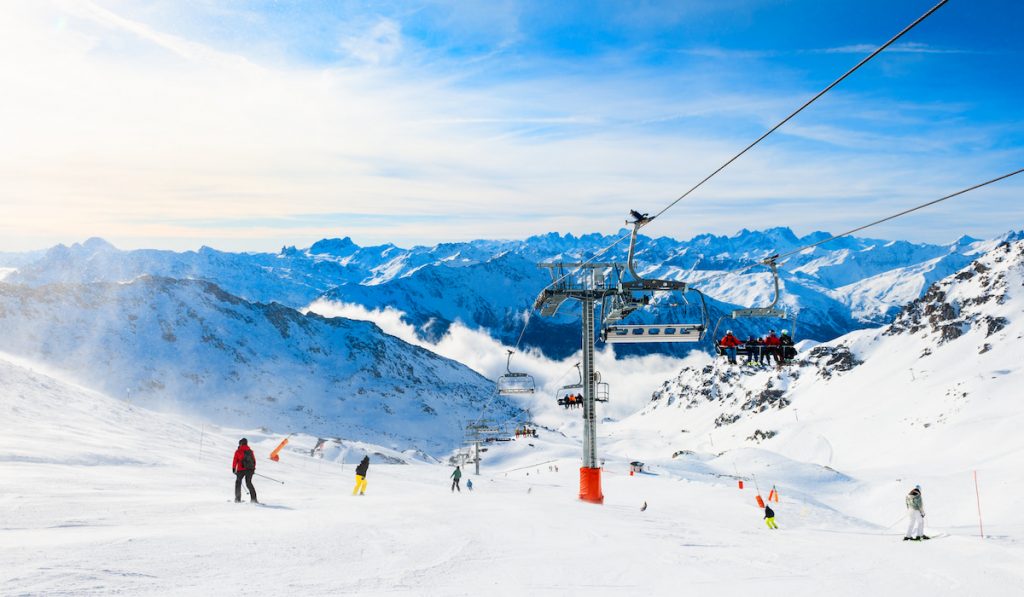
Take a Skiing Lesson
As a beginner, you may find skiing to be tough and scary. However, having someone guide you through the process can make your experience enjoyable.
Being a heavier person, you need an instructor who knows how to help you navigate downhill considering that your back and joints might be under intense pressure. You’ll learn how to use the hillside as leverage when you fall while on a slope and ways to push your body into an upright position.
Be Patient
Understand that it will take time to perfect your skiing skills before moving to the intermediate level. Avoid pushing yourself too hard and give yourself room to make mistakes and experience burned-out muscles.
Learn the required skills and be patient with the process, with time, you’ll perfect your skill and enjoy your hobby to the fullest.
Final Thoughts
Being overweight doesn’t mean that you can’t enjoy skiing. Although experts recommend shedding a few pounds before hitting the slopes, you can still practice and get the right ski length to help you navigate and move easily when skiing.
Hopefully, our tips above will come in handy when planning for a ski trip.
Resources
- https://www.newsweek.com/how-do-skiers-go-so-fast-200512
- https://www.tetongravity.com/story/ski/skiing-when-overweight-safe-and-permitted
- https://skitripguide.com/skiing-overweight-tips/
- https://bestofsnow.com/why-do-you-need-to-know-your-weight-for-skiing/
- https://untamedscience.com/blog/the-science-behind-the-fastest-skis/
